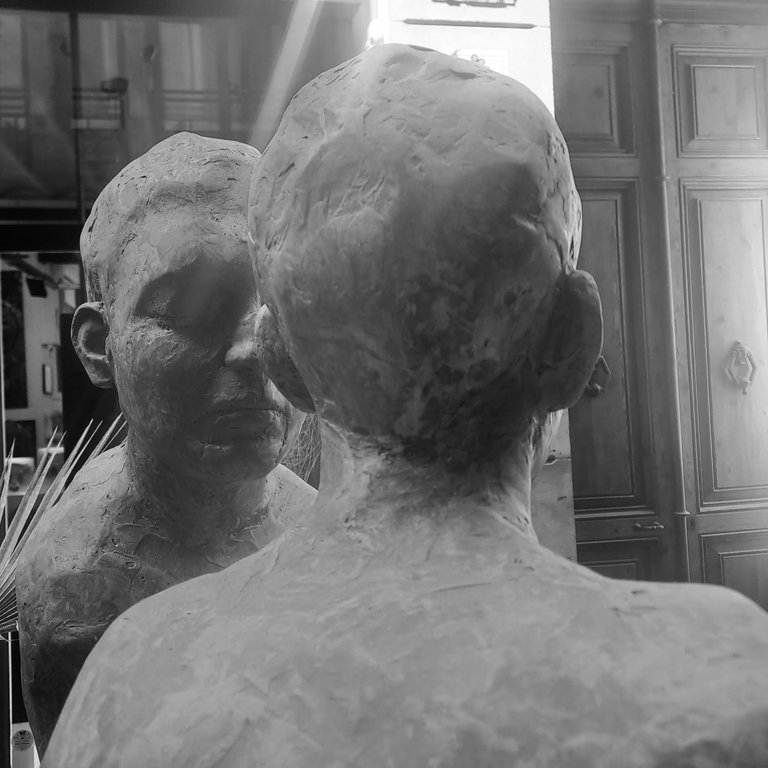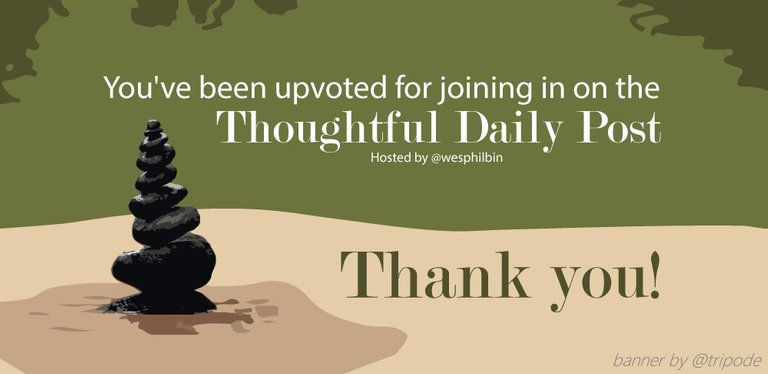There's good news and bad news. The good is life teaches you things as you go. Much like in a game, you get hints and "help" buttons. You may even get the occasional friendly wizard in your path, but that's not a given, so I wouldn't rely on it.
The bad news is, unlike in a game, there's no clear outline to draw your attention to these hints and nuggets of wisdom. You either recognize and seize them on your own or you don't, which might end up feeling a lot like you're running in circles.

Love. I think love is the biggest area of life where most of us are desperate to get some helpful hints. Ironically, it's also the area we're least willing to take advice on (either from others or our own experience). As such, I'm sure there's more I've missed than I have learned in matters of the heart, but here's a few I didn't sleep through.
1. People tell you exactly who they are.
I'm sure this has happened to you. You meet someone and you think they're great and on that basis, you choose to overlook when they say things like "I'm not ready for a relationship". Or worse, "I love someone else", or "I'll break your heart". There's a romantic scene in Peaky Blinders where Grace tells Tommy that, and he says it's already broken and falls in love with her anyway. There's something appealing to us about that heedlessness, that falling head-first.
But in real life, it's seldom as appealing as it is on screen.
So one of my favorite lessons has been pay attention to what people tell you and how they behave. Behavior's a big one, in that someone maybe won't treat you like a priority or treat you poorly in some way or lie to you, and we often blind ourselves to that. We say oh it's just circumstance, or I can fix them, or they didn't mean them, or they're playing cute saying all that bad stuff about themselves.
They're not. They're signaling to you who they are and what you're getting into. Now, whether or not you choose to listen, that's a different matter.
2. You don't get to "fix" people.
It's not what you're here for. It doesn't solve your own issues, and it doesn't work. It's a very common idea in love, we think oh they'll change for me. No they won't. People don't change, and certainly not for someone else.
We seem to equate it in simplicity with the thought process of "I like Mary, so I'm gonna buy Mary flowers."
Simple. I like Mary, so I'll change. Change only comes about after a severe personal turning point, if at all. People don't change because it would make your life easier, not even when they do love you, which is something a lot of us seem to get caught up on.
3. You tell people what you're worth constantly.
I'm not a fan of self-victimization. I'm not keen on people who go around blaming all on someone else. All my exes were assholes who treated me poorly - really? And what do they have in common?
We go about life expecting that people will observe common sense (by our definition, of course, not theirs) and treat us how we'd like to be treated. Except, at eight billion people, most of us don't have the internal encyclopedia instructing us how each individual deserves to be treated.
We rely on their word and example, so if someone sees you treating yourself poorly, settling for bad, sub-par, low-effort, even hurtful interactions, they'll assume that's what you deserve. Not consciously, of course. You're just serving them information. Constantly. So you better make sure you transmit the information you'd want them to know.
I feel if I'd known these three, particularly the first and last, I would've avoided a lot of hurt. One of the things I like doing, in looking back on past relationships is figuring out how I was the bad guy, which is something not a lot of us ask.
It's always how was Joe a dick.
And it doesn't mean you were a dick also to Joe. Maybe you were the bad guy in relationship to yourself. In accepting treatment that was harmful or degrading. There's great evil in not doing yourself justice. And what pisses me off a bit is that we seem to go through life doing that and still expecting that to be overlooked in the grand scale of who was right and who wrong.
No. If you treat yourself poorly or let someone else do it, you're participating in your own hurt, and you need to acknowledge that and change it before you can stop hurting.
I'm changing it. Trying to, at least. Which is why @ericvancewalton's Memoir Monday prompt for this week really appealed to me. It's one of the coolest initiatives going around right now, and you should check it out if you haven't already.


 Wes & Grindan
Wes & Grindan